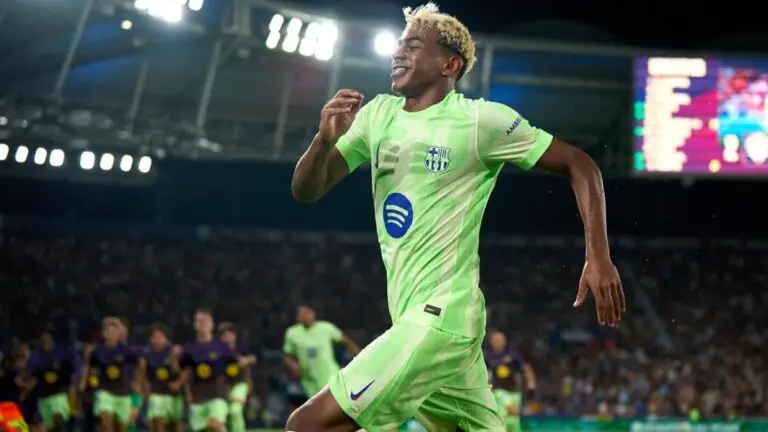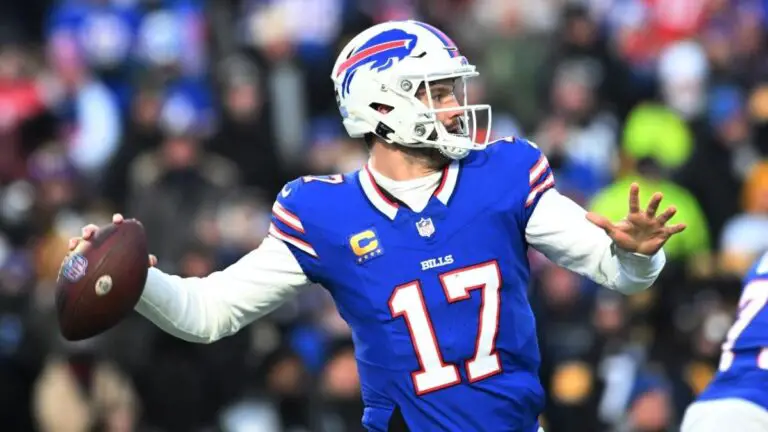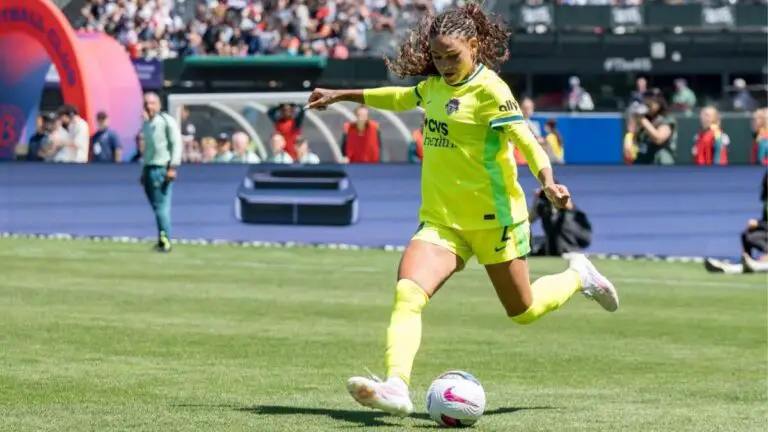
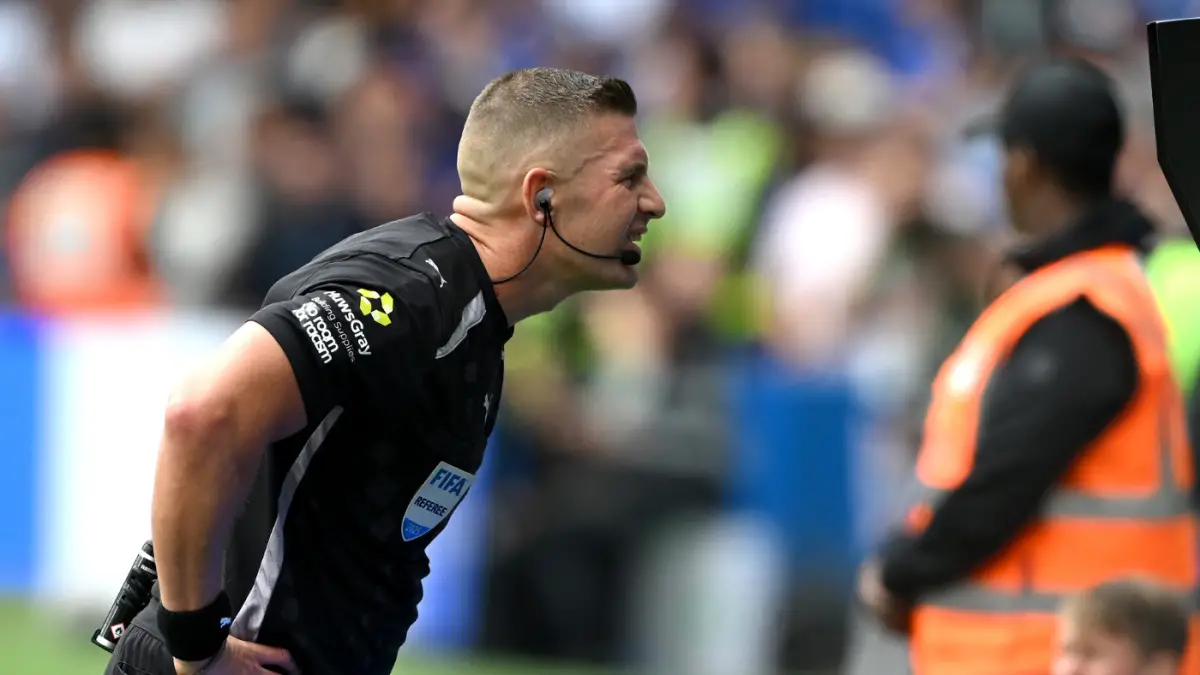
Struggling Chelsea down Fulham behind controversial VAR decisions as injuries continue to strike down Blues
Struggling Chelsea down Fulham behind controversial VAR decisions as injuries continue to strike down Blues
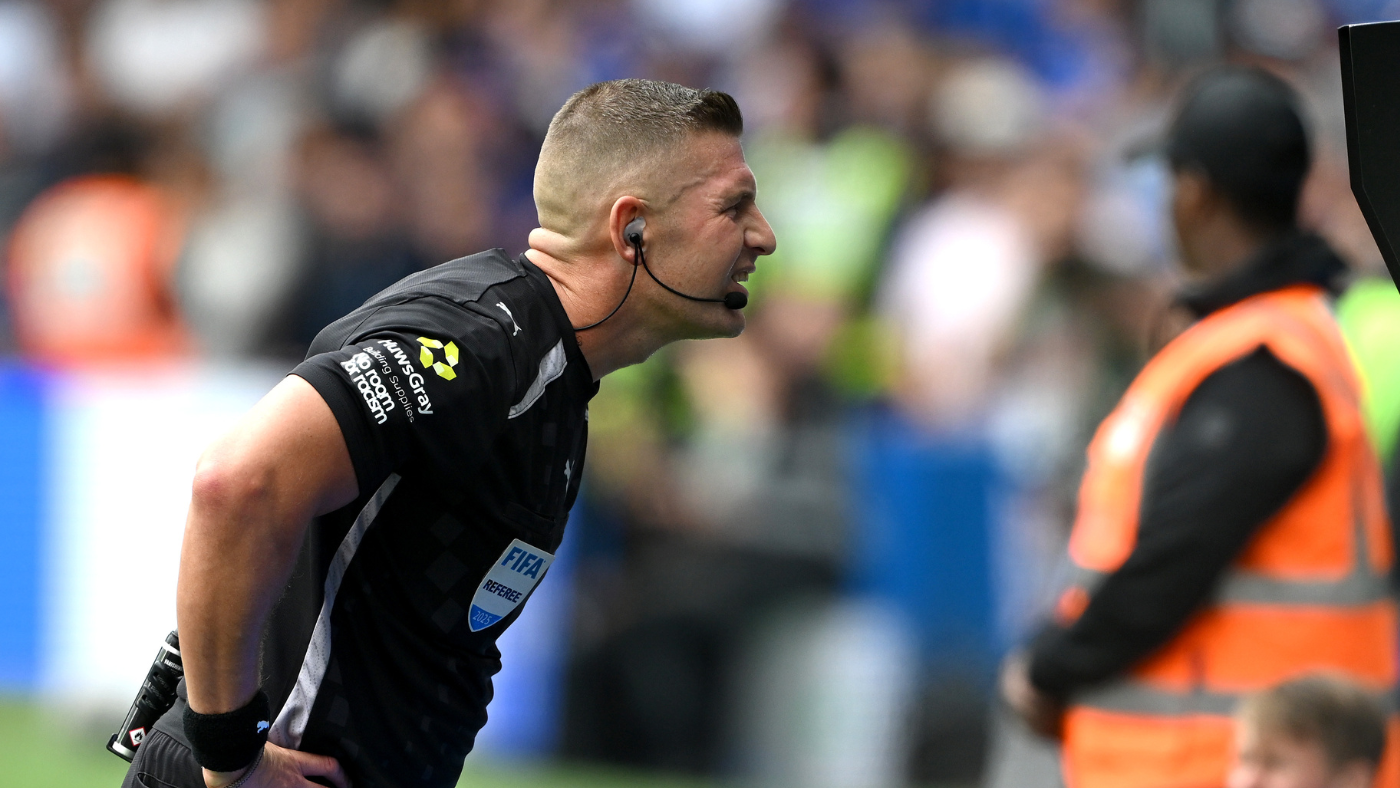
London – As month 13 of their endless season approaches, Chelsea Get all breaks except those they need the most. For the second home game in a row, party interventions from VAR turned out to be exclusively for the world champions. Without them, how different this start of the season can be for one side that really looks like they need a summer vacation.
In their 2-0 win over Fulham, Chelsea played just as you would expect that a team would have if they had hardly any free time between the end of 2024-25 and the beginning of 2025-26. Their high line was thoroughly pierced by Josh King and challenges that they had dominated this time a year ago, they saw bouncing from white shirts. Too much of their possession of the possession seemed to show the worst qualities of Enzo Maresca system: because of it, it never looks like converting ball keeping into the Fulham half in the opposition penalty area. They played like a team that needed a hand of forces outside their control.
Maybe that was to be expected. After all, they were without Cole Palmer And playing an opponent not as chaotic as West Ham. After a filthy but clear start, Liam Delap fell to a hamstring injury, the last returner of the club World Cup whose season looks like disturbed. Maresca already sounds an alarm about the status of his team and noticed in his press conference of the pre -match that “our three players with the most minutes last year” – Palmer, Levi Colwill and Moises Caiqueo – are already fighting against injury problems. Colwill will be out a large part of the rest of the season and Caicedo already requires careful management, his first training session after the West Ham victory on Friday.
It should have been a matter of great relief for Chelsea that Caicedo was fit enough to start. His brilliant block denied Timothy Castagne the opener and nobody on both sides corresponded to his 11 ball repair. If he had not fought any danger with his usual excellence, this game could have been going in a completely different direction.
Not that Caicedo was the most influential figure of this game. Fighting for that honor would be referee Robert Jones and the Vavarr coupling of Michael Salisbury and Scott Ledger. Yes, I am afraid we will have to do an officer. Cut your teeth, let’s go through it.
Played with 21 minutes, Fulham thought they were in charge of their game. It was an elegant piece of counterattack, Rodrigo Muniz dropped deep and dragged Trevoh Chalobah with him. He turned and fed the Run of King, who showed exceptional calmness for an 18-year-old in shifting his weight and positioning to remove Tosin Adarabioyo from the game and to drive a shot through the defender’s legs. There was only one question that hung about the goal: had the king passed the defense too early?
VAR soon concluded that that was not a problem, but what was this? Chalobah had remained after the goal and the repetitions showed that Muniz had hit the Chelsea defender in his pirouette in a passing position. Jones was sent to his monitor and after a series of repetitions at full speed and in slow motion, he concluded that this was a ‘carefree challenge’. That is not a fully incorrect interpretation of the incident, but the protest that greeted – on BBC Radio former Premier League – Baas Chris Wilder called it “one of the worst decisions I have ever seen” – spoke to the feeling that this is not the kind of clear error that video officer is supposed to tackle.
Whether the carefree player might have been Chalobah and put his leg in the landing site of Muniz, is under discussion, just as Marc Guehi’s pushed at a eberechi -free kick was 13 days ago. The whims of VAR have so far preferred Chelsea and that is not ideal for Maresca, whose side can be worse off three points if those who had had a different picture of events from the fresh view. In such circumstances he was hardly inclined to question Jones’s decisions, but he acknowledged that he would be his fake if he was in Silva’s position.
Silva herself was stunned. An hour after the last whistle, he stood by his dugout and tried to cool himself instead of saying something in his press conference that could keep him out of the dugout next time. After he had stared Jones during the break, Silva had chosen to keep his advice at the last whistle. It would not help to lose his cool. He had to explain to the king why he had dreamed of it since he came to Fulham as an eight -year -old from him.
“He goes home and does not understand why the goal is not allowed,” said Silva. “I told him to be ready, because unfortunately it will often happen that your football will not understand in the future. If you are in a Fulham shirt, you will probably not understand many things. A great moment of him. It should not be allowed. Absolutely.”
By cutting this mountain of evidence for the first goal, time needed time and that had to be reflected in the added time: eight minutes to close the first half. It was just Fulham’s luck today that Joao Pedro rose the highest to go home in the ninth minute of the interruption time. Marco Silva watched. “I saw all eight minutes,” he said afterwards. “The game didn’t stop once.” It seemed to take every fiber to love Jones 10 meters while his players walked into the dressing room. They could hardly have believed that things were about to get worse.
And yet there was more damage to the small monitor in the western stand. The handball rule, with its various interpretations in domestic competitions and UEFA, seems to have been defined by Justice Potter Stewart. You know when you see it. And most of them knew Ryan Sessegnon Had a Trevoh Chalobah cross handled when they saw it. But what about the ball that brushes against the arm of Joao Pedro in the build -up? Or Caicedo’s stamp on Alex Iwobi?
“It is handball of sess, but for that you can easily find two or three mistakes for ourselves,” said Silva. “Our players went to the screen, they shouldn’t, but they did it, and they laughed. Stamp on Iwobi, handball of pedro, pushing and blocking and nothing comes from the VAR.”
This really does not feel like an optimal experience for someone in Stamford Bridge or coordinating all over the world, let alone on the field, looking at someone else who looks at each blade of grass when striving for the least violation that the course of a game will dictate.
That is what happened today. Before this competition turned into 40,000 looking at Jones who looked repetitions, Fulham had been the better team, one of the preparation for a tiring Chelsea side. When Enzo Fernandez turned the punishment, there was no fight from the visitors on Derby Day. They couldn’t wake themselves for a late push.
“Excellent first half of ourselves,” Silva said about the performance of his party. “We dominated the entire half, we were clearly the best team on the field. Brave on the ball, very difficult for Chelsea to press, the way we knew they would come. We found the reserve player and from that moment we built good moments in our attacking organization. It was a very good first half that did not end in the way.”
No wonder Silva continued to label his experience “incredibly”. His side was not beaten by their opponent, but by how civil servants had interpreted important incidents. That can be valid in cases of clear referee error, but in a low scoring sport a difference of opinion about a debatable incident can change the course of a game. VAR should never be about recovering matches from 13 miles away.
As such, the nature of the game was radically changed. Today may have asked questions about how Chelsea keeps players fresh until September, let alone the course of a season. Instead, we will be thrown in even more debate about the rights and mistakes of video intervention.
Premier League,Football,London Chelsea,Cole Palmer,Ryan Sessegnon

